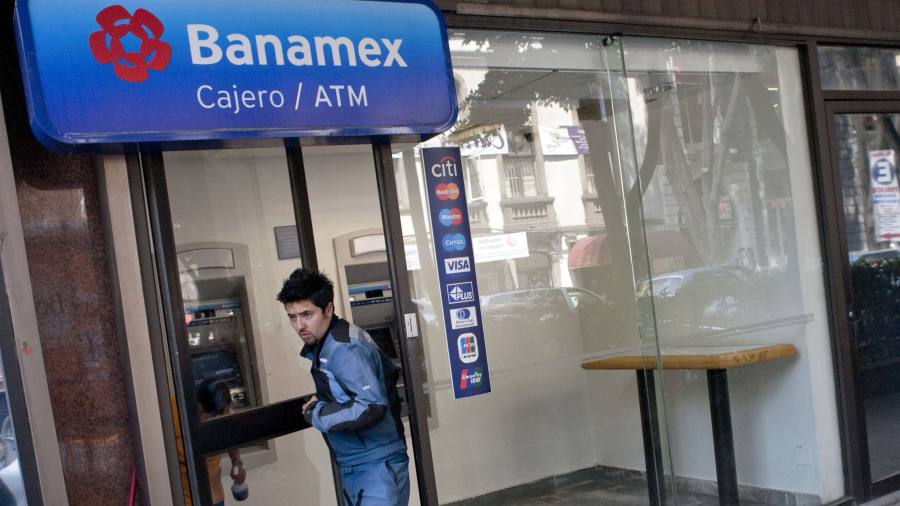Citigroup has said it will spin off its Mexican retail bank through an initial public offering, abandoning a plan hatched early last year to sell the unit.
The US lender plans to completely separate its Banamex division, which has 38,000 employees and is one of the largest consumer banking franchises in Mexico, by the middle of next year. The bank said an IPO of the unit was likely by the end of 2025. Despite the spin-off, Citi plans to retain much of its corporate and institutional businesses in Mexico.
Citi executives previously said they had been pursuing a dual process in order to exit Banamex. The bank said on Wednesday it now believed an IPO would be the better route for investors than a sale.
Chief executive Jane Fraser, who is leading a broader effort to slim Citi down, said in a statement: “After careful consideration, we concluded that the optimal path to maximising the value of Banamex for our shareholders and advancing our goal to simplify our firm is to pivot from our dual path approach to focus solely on an IPO of the business.”
While it is not certain what Banamex will fetch in an IPO, the plan avoids any immediate hits to the bank’s bottom-line and capital that it may have had to record if it completed a distressed sale. Citi also announced it would resume stock buybacks by the end of June, at least six months sooner than analysts expected.
Citi shares closed 3.1 per cent lower on Wednesday.
“It is not the ideal solution,” said Mike Mayo, a banking analyst at Wells Fargo, who had pushed Citi to exit Banamex. But an IPO gave Citi the ability to turn back to a sale if it received a better offer further down the road, he said.
“They say the sales process is off, but I don’t totally believe them. It probably represent a lack of buyers, and perhaps a lack of franchise value, but I think Citi made right choice for now.”
The IPO plan marks the end of a months-long effort to sell the unit. In February, the Financial Times reported that Citi was in exclusive talks to sell Banamex to Grupo México, which is owned by billionaire Germán Larrea. The deal was expected to value the unit at up to $8bn. It is not clear why or when those negotiations ended, or why the bank did not pursue offers from other interested bidders.
Mexico’s government complicated Citi’s sales process by requiring concessions, including one that would have largely protected workers from lay-offs. President Andrés Manuel López Obrador this week said the government was analysing whether it made sense to enter the bidding process for Banamex if no other deal materialised.
López Obrador said on Wednesday his government was still considering stepping in and buying a portion of the bank.
Citi bought Banamex, one of Mexico’s oldest and most prestigious bank brands, for $12.5bn in 2001 to much fanfare. Since then, though, it has fallen from the country’s second-largest bank to the fourth, after struggling to compete in a market dominated by other foreign lenders. Analysts and bankers have said a litany of reasons are to blame, including poor management and bloated costs to limitations from US regulatory requirements.
Even so, Citi executives say the rationale for the Banamex exit has more to do with Fraser’s broader strategic “refresh” than any difficulties it had in that unit.
So far, Fraser’s efforts have largely focused on sliming down Citi’s consumer banking franchises. Still, the exit from consumer banking, and its retail operations in Mexico in particular, have taken longer than some analysts had hoped. Citi’s plans to pull back from its global consumer bank were announced more than two years ago, while the planned Banamex exit was revealed in early 2021.
“Citi is becoming a simpler firm,” Wells Fargo’s Mayo said. “Jane Fraser is feeding the winners and starving the losers, as she should.”
Read the full article here




